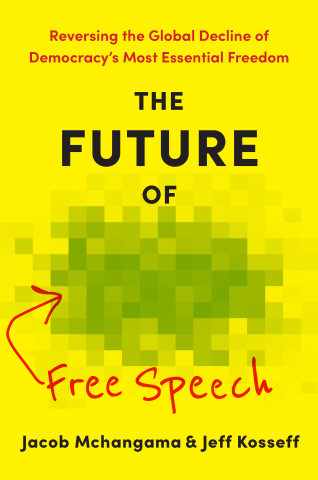
Reviews
The product of painstaking research — and a keen intellect.
Recommended. Upper-division undergraduates through practitioners.
Interesting and instructive comparative political analysis.
O'Dwyer's book is an important contribution to the literature on post-communist development.
The uniqueness of the book lies in its theoretical sophistication substantiated by numerous empirical comparisons across the globe, which makes it a valuable contribution to the literature on comparative politics and political sociology.
It is fully justified to call O'Dwyer's book 'a vital contribution to the growing literature on the postcommunist state.'
O'Dwyer's excellent book is surely strong enough to warrant a sequel.
Extremely thought provoking and well researched.
This book presents a vital new contribution to the growing literature on the postcommunist state and will be essential reading for comparative politics scholars interested in the effects of parties on state-building.
An ambitious book which contributes to the literature on party-building and patronage politics in important ways. Its challenge to the Europeanization literature will particularly interest students of the European Union. The author has written a theoretically sophisticated comparative study which illuminates both convergence and divergence in the European Union's new accession states and helps us all to better understand when and why the European Union does—or does not—matter.
Book Details
List of Figures and Tables
Preface
List of Acronyms
Introduction
1. The Concept and Causes of Runaway State-Building
2. Constraining Government Patronage: Different Logics of Party Competition
3. The
List of Figures and Tables
Preface
List of Acronyms
Introduction
1. The Concept and Causes of Runaway State-Building
2. Constraining Government Patronage: Different Logics of Party Competition
3. The Runaway State-Building Phenomenon: Patronage Politics and Bureaucratic Rationalization
4. Remaking the Regions: The Europeanization of the State or Domestic Politics as Usual?
5. Local Control: Local Parties and Local State Administrations
6. A Runaway Welfare State? Postcommunist Welfare Politics
7. Exporting the Argument: Party Competition and State Effectiveness in Other New Democracies
Conclusion
Appendixes
1. Data on the Number of State Administrative Personnel
2. Data on Salaries
3. Interview Sample
4. Data Used to Calculate Party System Fractionalization
5. Countries Used in Cross-National Comparison
Notes
References
Index






